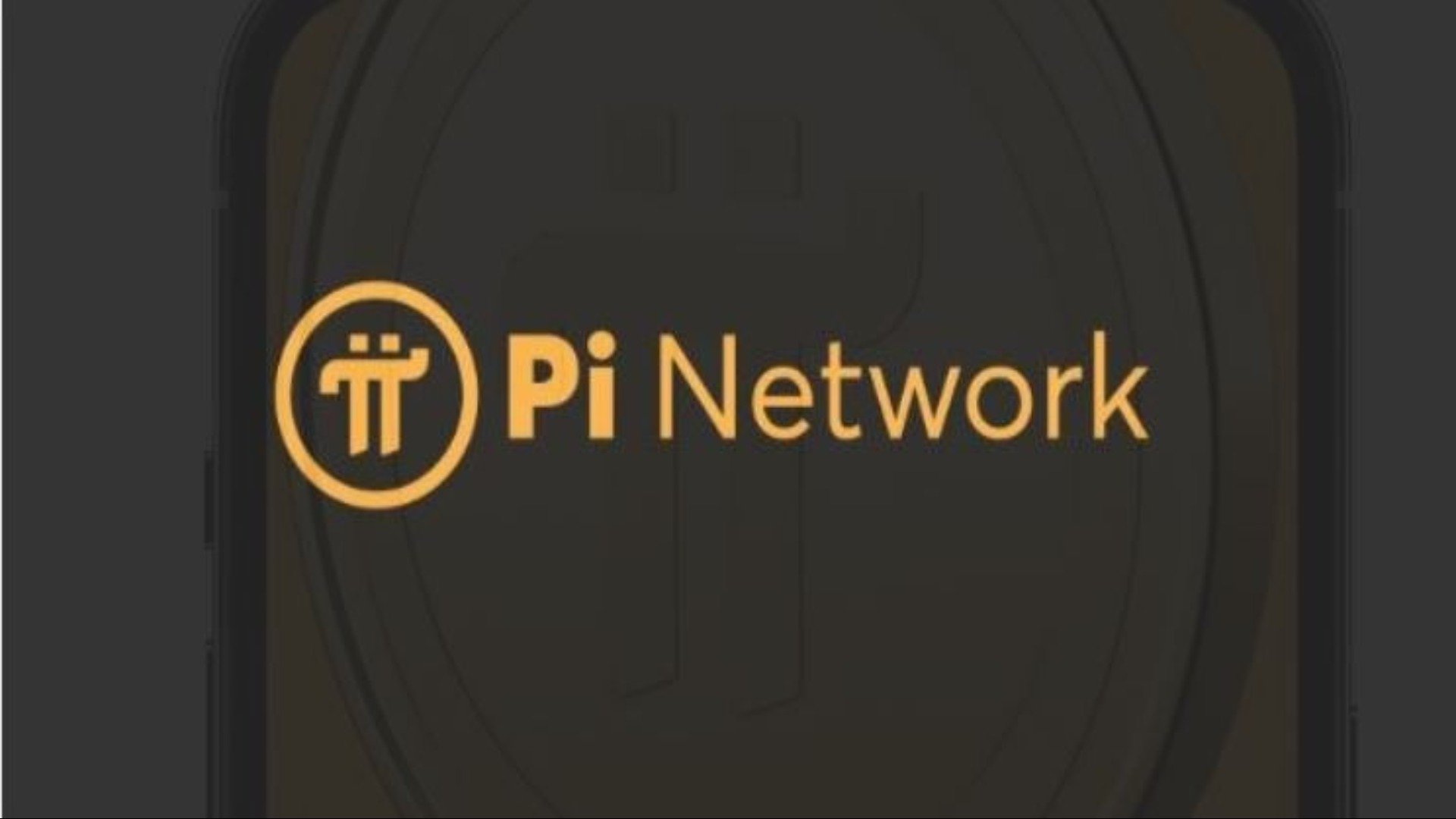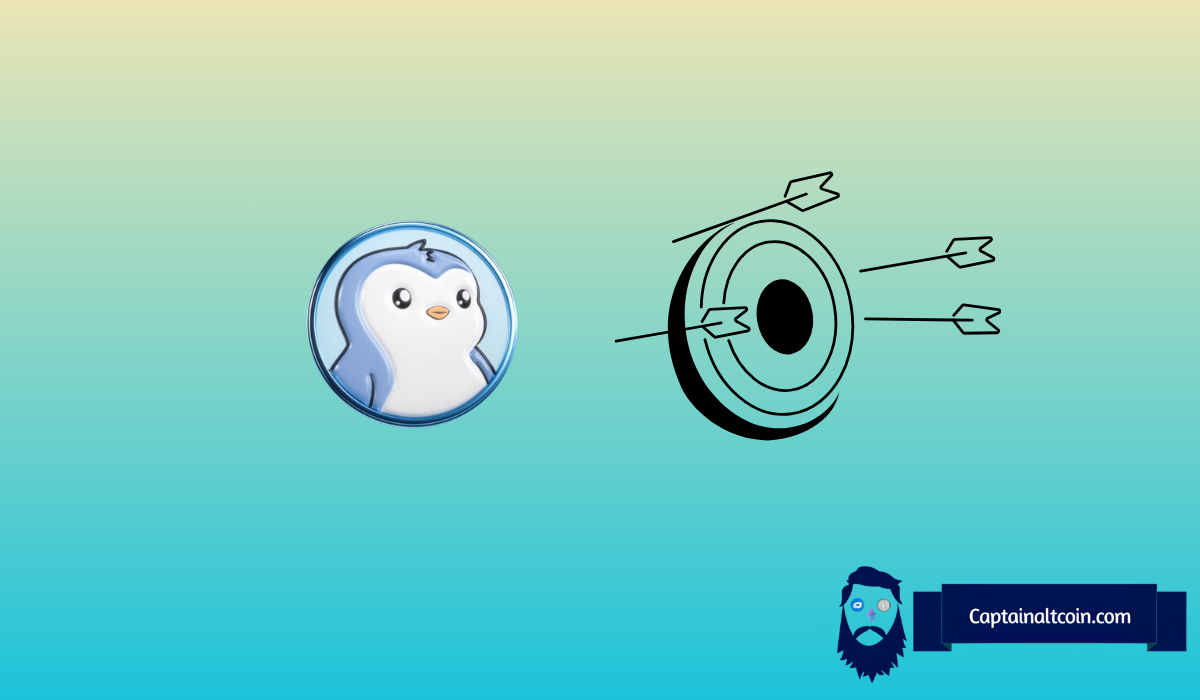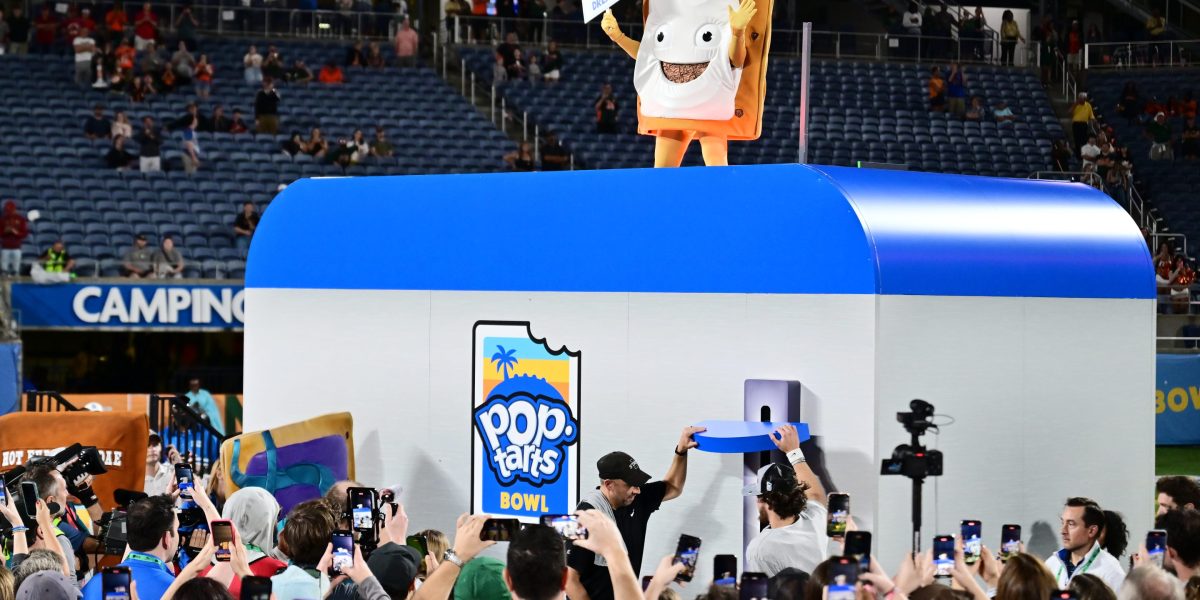Ray Dalio says his AI clone will be able to give you investment and career insights whenever you want
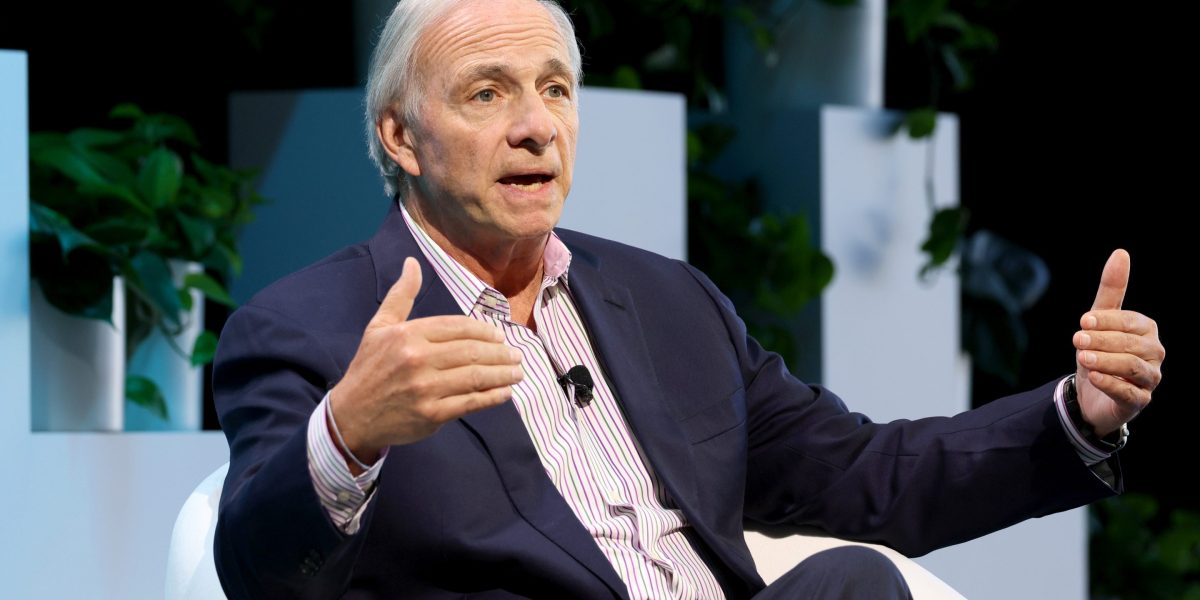
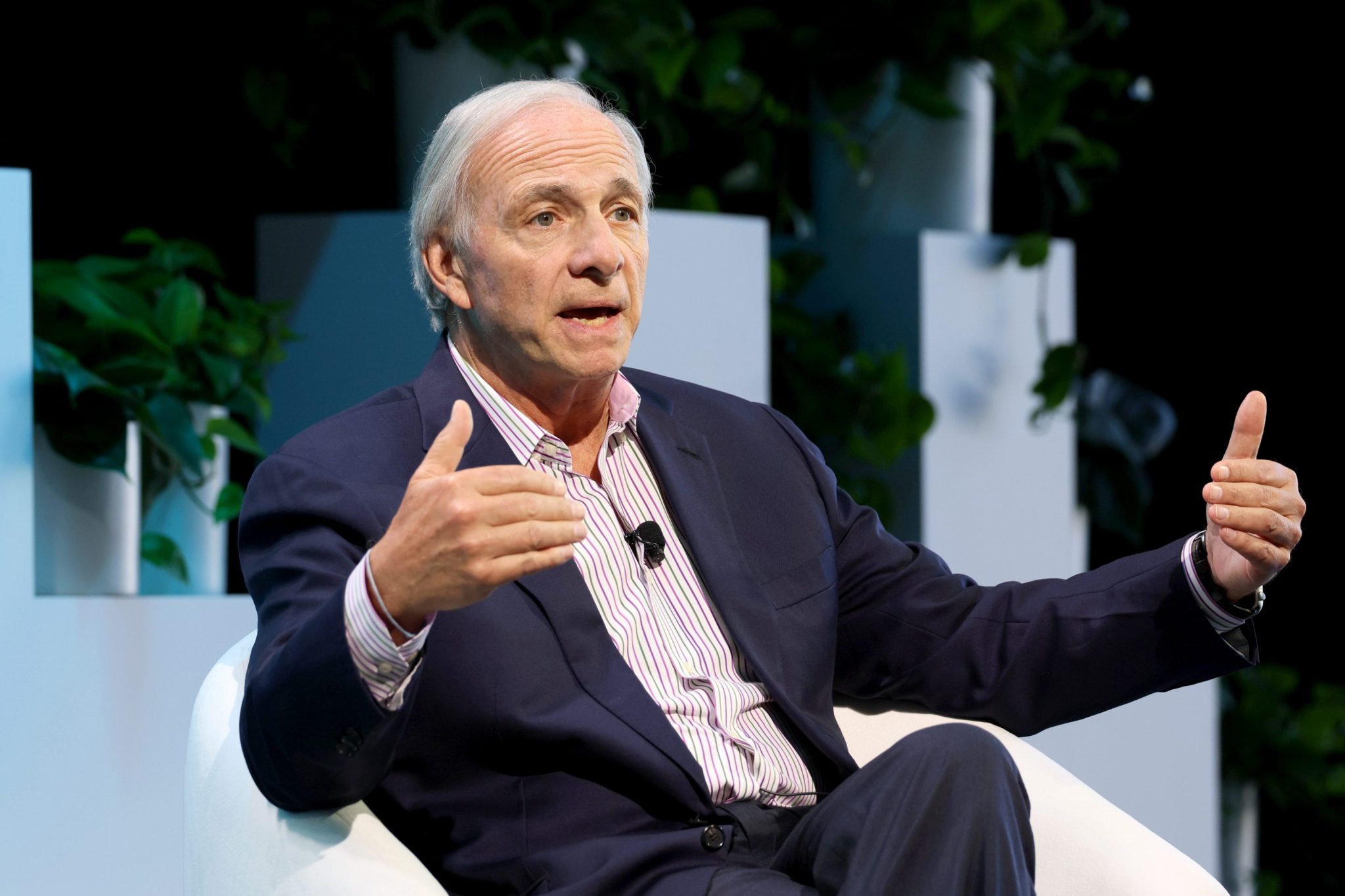
The next time you’re stuck in a career rut, or you’re wondering how to process the economy around you, why not ask Ray Dalio?
The wealth of experience accumulated by the billionaire hedge fund founder will soon be at the fingertips of users thanks to his new AI clone, Digital Ray, which will provide consumers with coaching, guidance and mentorship.
Writing on X, the Bridgewater Associates founder said he was excited by the prospect of his clone because it will allow him “to have unlimited conversations with people I previously didn’t have the time to have exchanges with.”
Announcing the clone—which currently has a waitlist to join its beta trial—Dalio said the move was a natural extension from the computing partners he had been developing at Bridgewater for decades which helped in decision-making.
Using AI in some form—even before the LLM boom following the launch of ChatGPT—to assist in investment strategy and decisions is common on Wall Street, but Dalio is the first of his peers to launch an accessible advice platform. LinkedIn co-founder and tech investor Reid Hoffman previously revealed his own “digital twin,” but this is not available for general conversation.
Dalio’s aim is to make his experiences and insights accessible to all. He added on X: “Sharing all that I’ve learned, all that I’m doing, and all that I am imagining is consistent with my current main goal in life, which is to pass along what I have that can be valuable to others.”
That not only includes his experience in the financial world but also now his experiencing with training bots, he added: “I believe that I have a good idea of what [AI clones] have the potential to do for both a) those who use the digital clones to access the thinking of the individuals cloned and b) the individual being cloned who wants to use the digital clone as a thought partner.”
Developing AI clones for high-profile individuals like Dalio comes with risks. Large language models (LLMs) have famously hallucinated incorrect or inappropriate answers, and have guardrails that researchers have demonstrated can be bypassed. For Dalio’s experience to be replicated with Digital Ray, which will be able to converse with users through both text and voice, the stakes are high.
I am putting out an AI clone of myself to have unlimited conversations with everyone who cares to. I’m also doing it because building and having this AI clone and pushing the limits of what it can do is both exciting and practical for me.
If you want to try this V1 of my AI…— Ray Dalio (@RayDalio) October 20, 2025
But Dalio said he began working on the LLM which eventually became his AI clone in 2022, uploading decades’ worth of data first collated at Bridgewater. The bot “doesn’t hallucinate” Dalio added, and continued: “Based on the ratings of those who have used it, you will find both the thinking and the communications that you will get from Digital Ray in these conversations virtually indistinguishable from those you would get from me directly.”
Indeed: “According to those who have tested it, it’s about 95% as good as speaking with the real me about life and work because it has been well-trained on my life and work principles. It’s about 80% as good as speaking with me about markets, investing, the economy, politics, and geopolitics.”
That rating on markets and investing is likely to increase, Dalio said, because he is training the clone on these subjects at present. Indeed, he’s already asking his supporters for help on what the clone should be learning. Writing on LinkedIn earlier this week, the man worth $19.4 billion according to Bloomberg invited followers to ask questions in the comment which could be used as prompts to improve the bot.
The downside of AI replication
While fans of Dalio’s strategy—and those looking for a new sounding board—may appreciate his replication, the rise of AI clones is presenting problems for high profile and notable individuals.
In Dalio’s case his clone is being replicated with his full consent and support, but that isn’t always the case. Zelda Williams, the daughter of Oscar-winning actor and comedian Robin Williams, issued a strong rebuke to fans who continually sent her AI-generated videos of her father after his death.
“Please, just stop sending me AI videos of Dad,” Williams wrote on Instagram earlier this month. “Stop believing I wanna see it or that I’ll understand, I don’t and I won’t.”
Williams added: “If you’re just trying to troll me, I’ve seen way worse, I’ll restrict and move on. But please, if you’ve got any decency, just stop doing this to him and to me, to everyone even, full stop. It’s dumb, it’s a waste of time and energy, and believe me, it’s NOT what he’d want.”
Similarly, actress Scarlett Johansson said last year that she was forced to hire a legal team to address OpenAI’s ChatGPT voice, which sounded like the Hollywood star. Johansson said in a statement that was reposted on X, formerly Twitter, that CEO Sam Altman contacted her last September and asked her to be the voice actress for its ChatGPT 4.0 system. Johansson declined Altman’s offer, only to hear from friends, family and the public nine months later that the “Sky” voice sounded just like her.
In a statement to Fortune, Altman said the voice of Sky is not Johansson’s “and it was never intended to resemble hers. We cast the voice actor behind Sky’s voice before any outreach to Ms. Johansson. Out of respect for Ms. Johansson, we have paused using Sky’s voice in our products. We are sorry to Ms. Johansson that we didn’t communicate better.”


